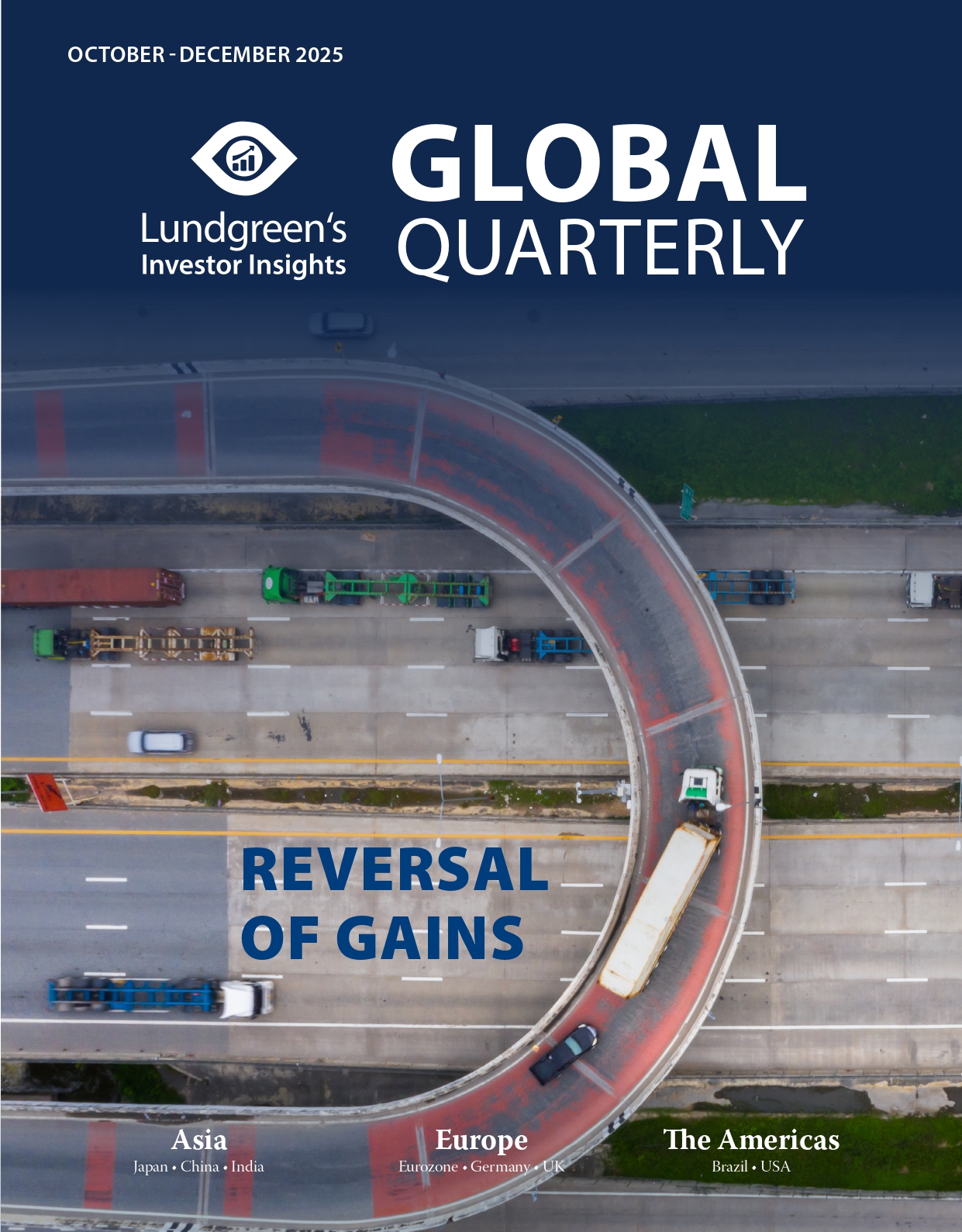Next Week in China: 10-14 March 2025
Major Data Releases:
- 11 March: Closure of the “Two Sessions” political consultative conference in China
- 11 March: Hong Kong to report Q4 2024 business receipts indices for service industries
- 11 March: Hong Kong to report Q4 2024 construction output statistics
- 11 March: Hong Kong to report February business situation of small and medium-sized enterprises
- 13 March: Taiwan to report January employment data and median earnings of employees
- 14 March: China to report February M0, M1 and M2 money supply growth rate
- 14 March: China to report February total social financing (TSF)
- 14 March: China to report February new renminbi loans
Next week, significant data on China’s money supply and financing for February will be released. In addition, close attention should be paid to the Two Sessions as the outcome of these political meetings will serve as the main weather vane for the Chinese economy in the year ahead.
Regarding new RMB loans, we anticipate that the growth rate will slow down by 0.2 percentage points to around 7.3 per cent. The year-on-year increase in corporate loans in January was mainly driven by an increase in bill financing, indicating that effective loan demand remains weak and the intrinsic financing willingness of businesses is not strong. We expect this stable credit supply from January had been sustained in February. On the residential side, the reduction in existing mortgage rates may ease the pressure on mortgage loan declines. Sales of commercial housing and second-hand housing in 30 cities continued to improve in February, which is expected to have a positive impact on long-term residential loans.
Driven by seasonal factors, the growth in M2 or broad money supply in February is expected at 6.8 per cent, easing from the previous expansion of 7 per cent. The M1 growth rate for February is forecasted to be 2.3 per cent, up 1.9 percentage points from the previous value of 0.4 per cent. Regarding resident and corporate deposits, the combination of bonus payments and bill settlements made by companies over the Lunar New Year led to the conversion of current deposits into resident or fixed deposits. In January, corporate deposits increased at a softer pace year-on-year due to differences in the timing of bonus payments and fiscal expenditures, while resident deposits picked up faster year-on-year. The opposite effect is expected for February, with corporate deposits growing faster year-on-year and resident deposits slowing year-on-year. In addition, the strong performance of commercial housing sales in 30 cities in January, along with the gradual allocation and use of government funds, may have a positive impact on M1 data. Combined with the base effect, this is expected to lead to a continued acceleration in M1 growth.
Chinese equities were strong over the past week. As of Thursday, 6 March, the MSCI China Index soared by 7.08 per cent from last week’s close. Meanwhile, the Shanghai Composite Index rose by 1.81 per cent, the Shenzhen Component Index went up by 2.71 per cent, and the ChiNext Index increased by 2.96 per cent. During this period, small to mid-cap stocks significantly outperformed large-cap stocks. From a style perspective, growth stocks slightly outperformed value stocks. Markets will react to the government’s work report coming from the Two Sessions, where Chinese leaders propose setting this year’s deficit ceiling at 4 per cent, an increase of 1 percentage point from the previous year to mark a record high. The political bodies also plan to issue over RMB 1.3 trillion (USD 179 billion) in ultra-long-term special government bonds and arrange RMB 4.4 trillion (USD 607 billion) in local government special bonds to support increased public spending. This sends a clear signal of strengthening macroeconomic policies to hit the 5 per cent GDP growth target for 2025 which will help boost market confidence.
This piece has been co-produced with Yiyi Capital Limited in Hong Kong, a China specialist and a part of a global financial services group.







